Twitter Sees Record Election Day Turnout
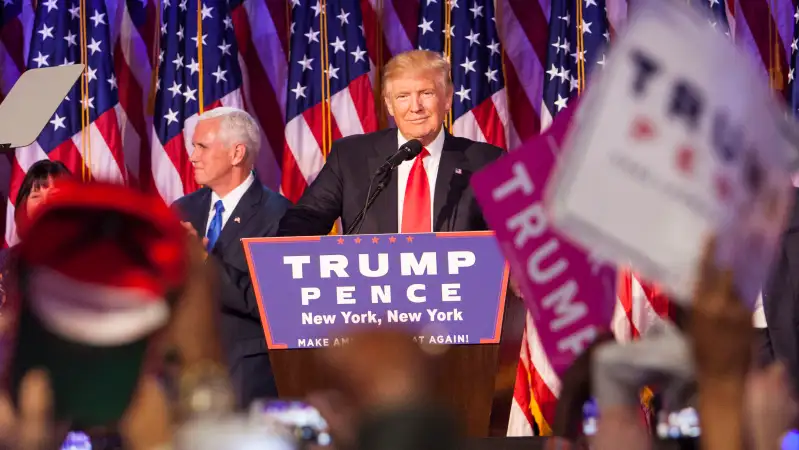
More than 75 million election-related tweets were sent as of Wednesday morning, USA Today reported, smashing Twitter's record set in 2012 of more than 31 million total tweets sent.
It's undeniable Twitter played a significant role in the election, from Clinton urging Trump to "delete your account," to Trump's bizarre late-night rants about former Miss Universe Alicia Machado. Even as late as Election Day, memes like Trump giving his wide Melania the side-eye at the ballot Tuesday spread quickly. But what makes it the place that people turn to on possibly the most momentous night in four years?
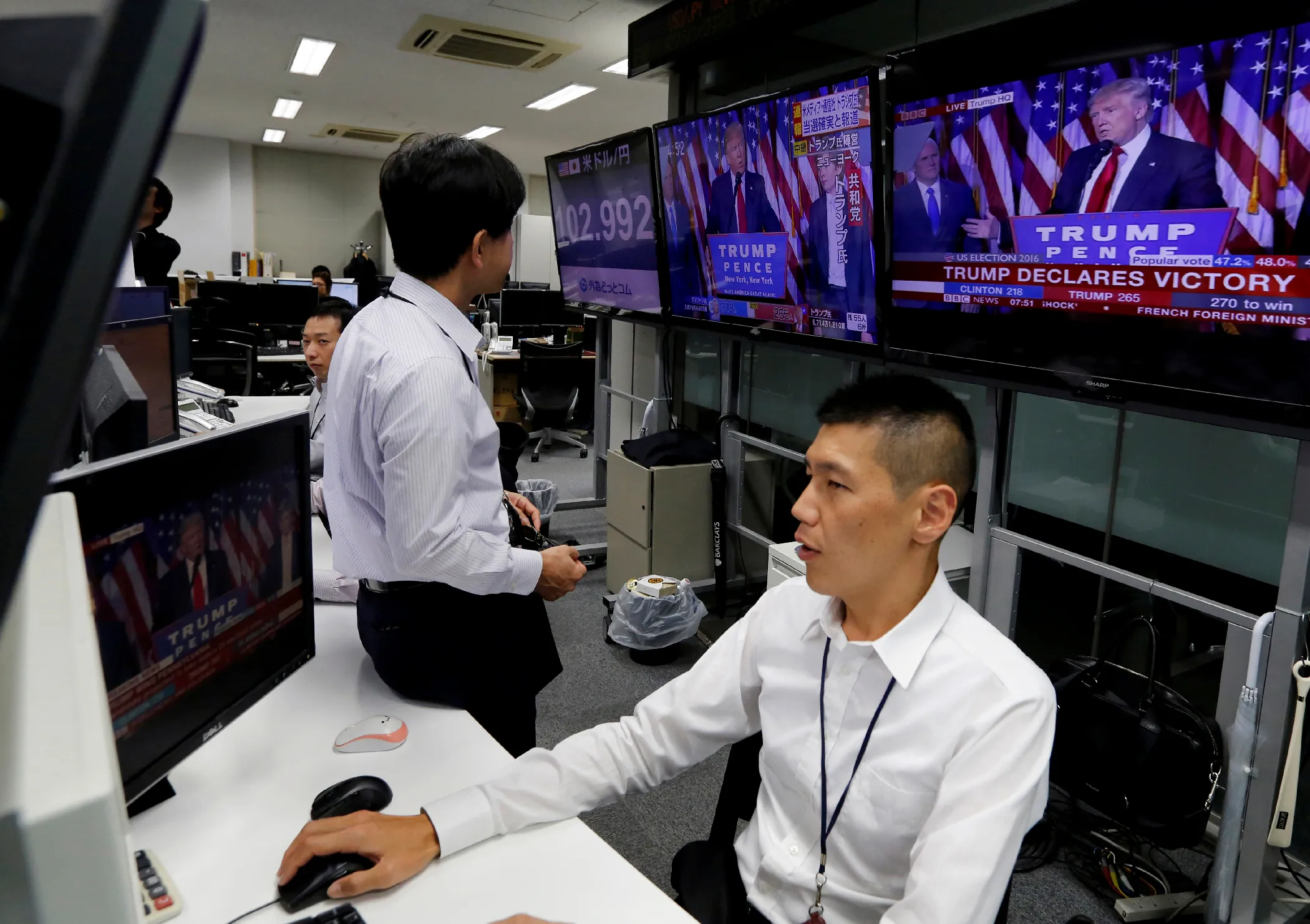
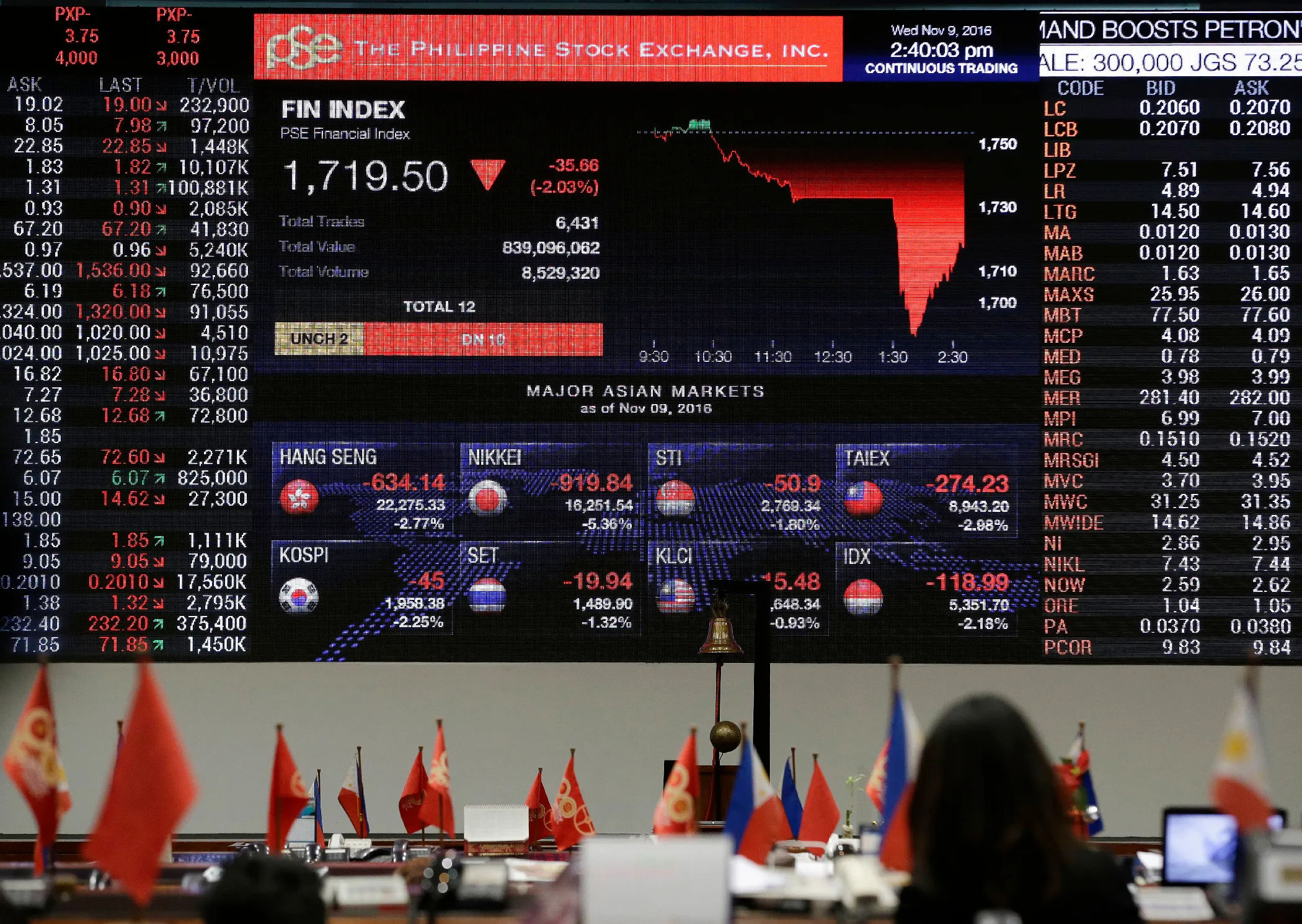
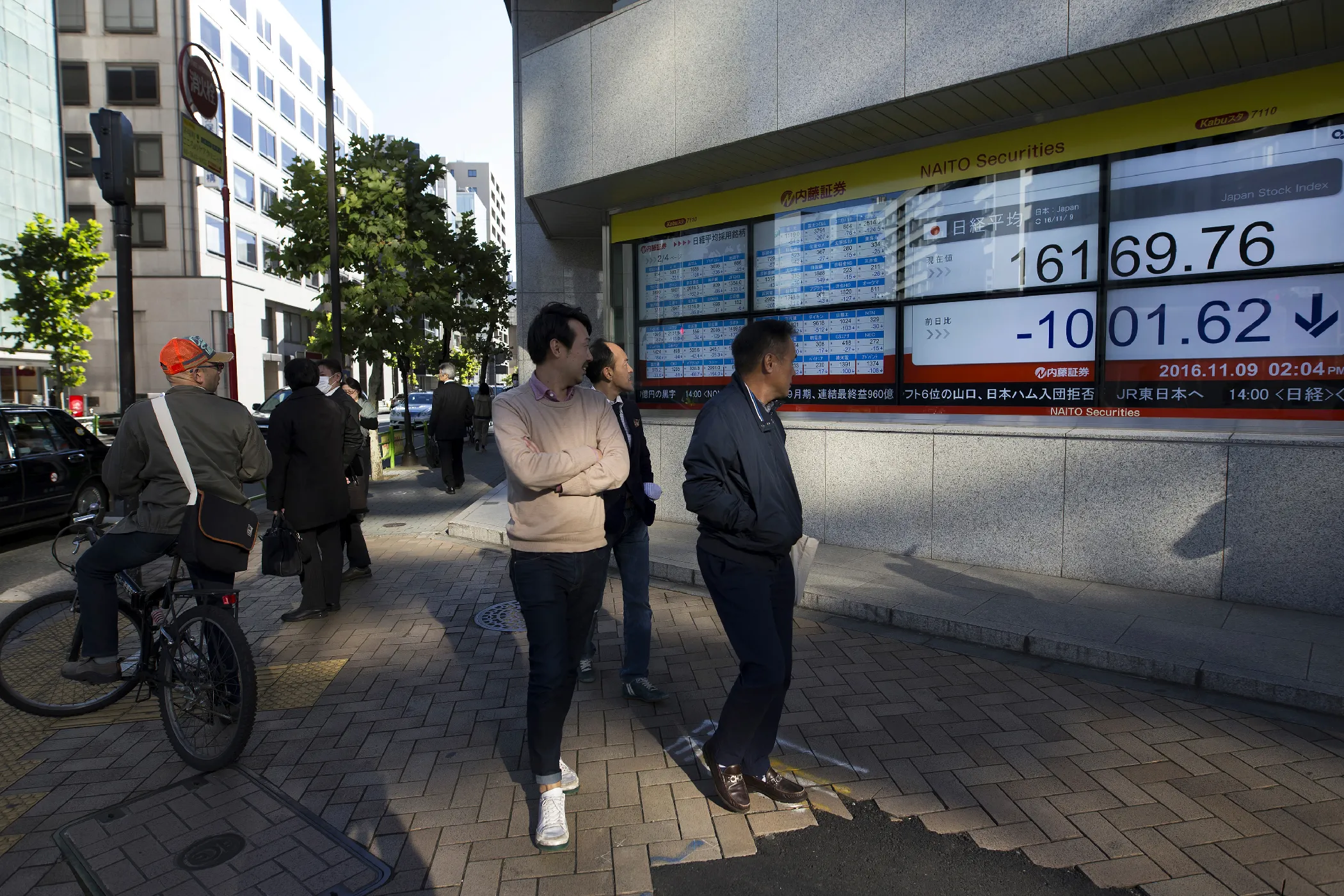
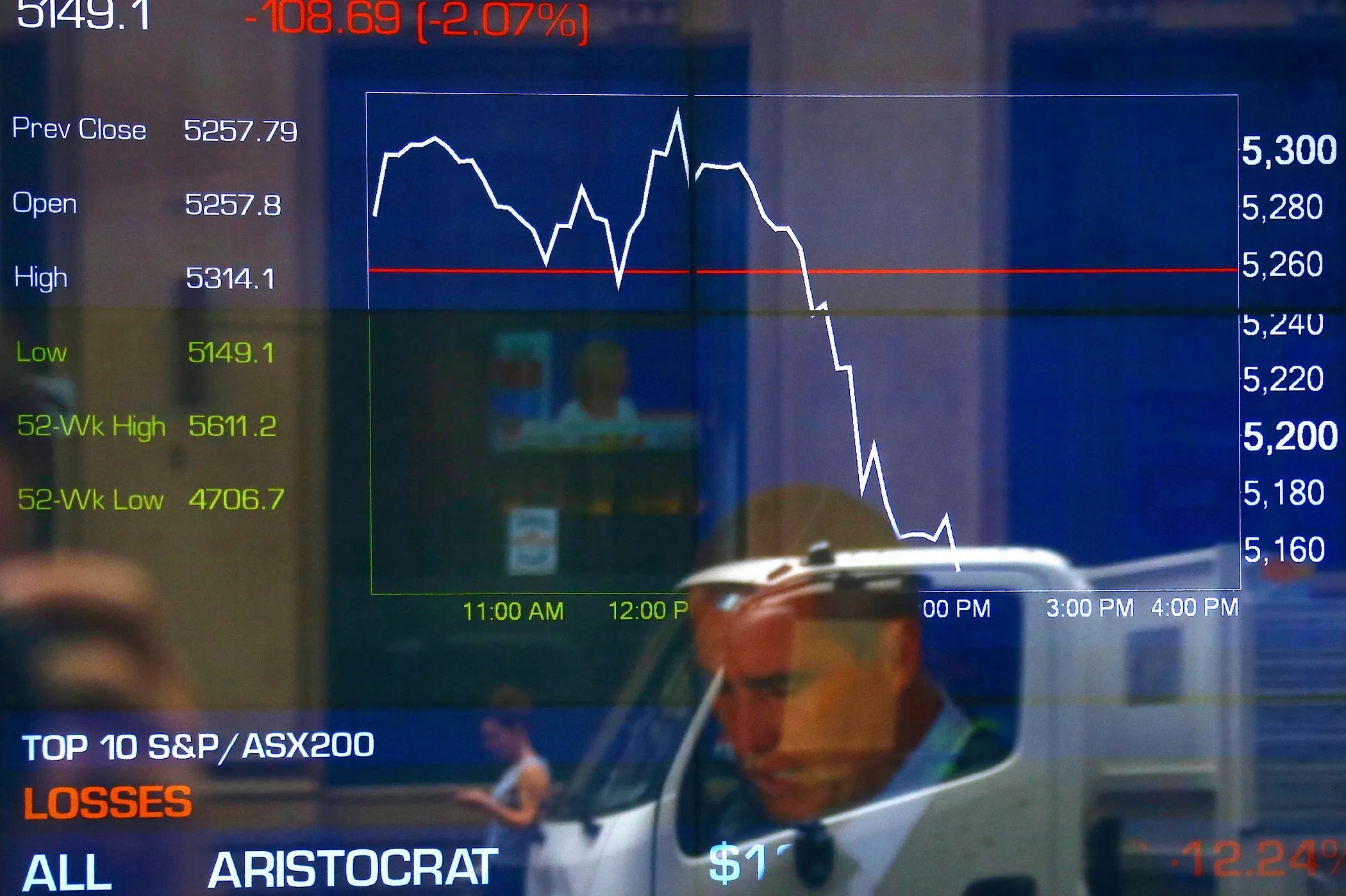
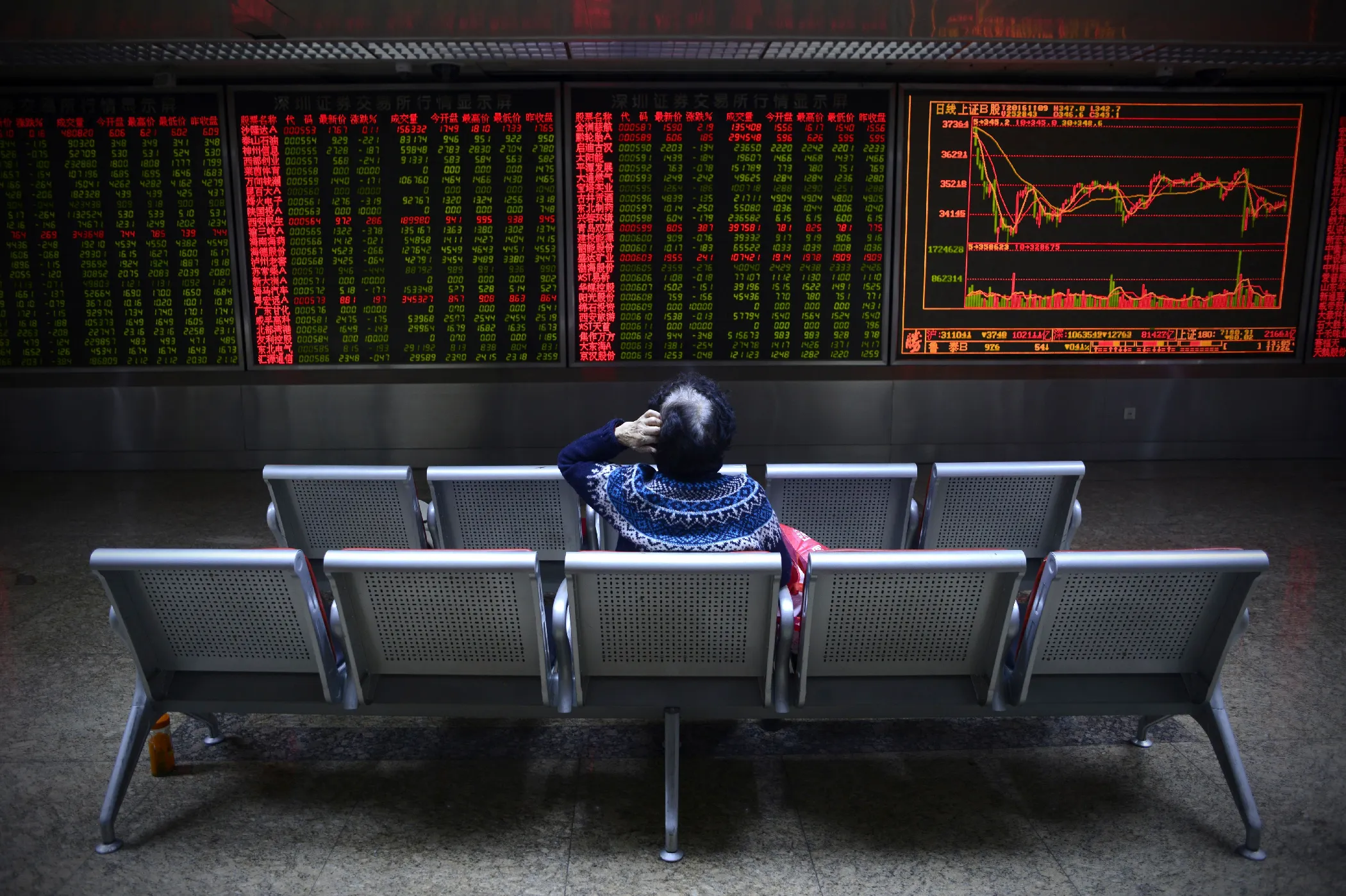
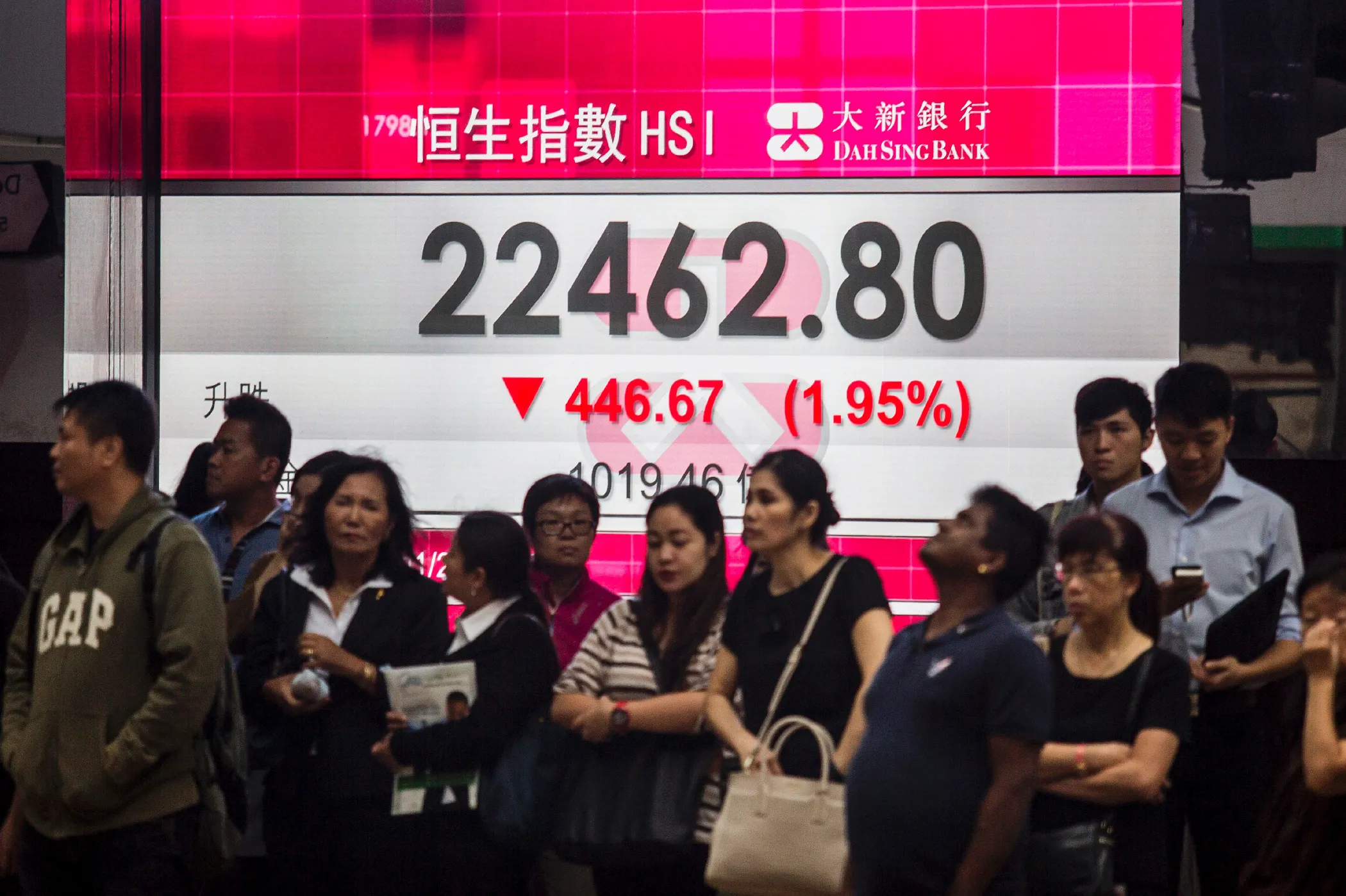
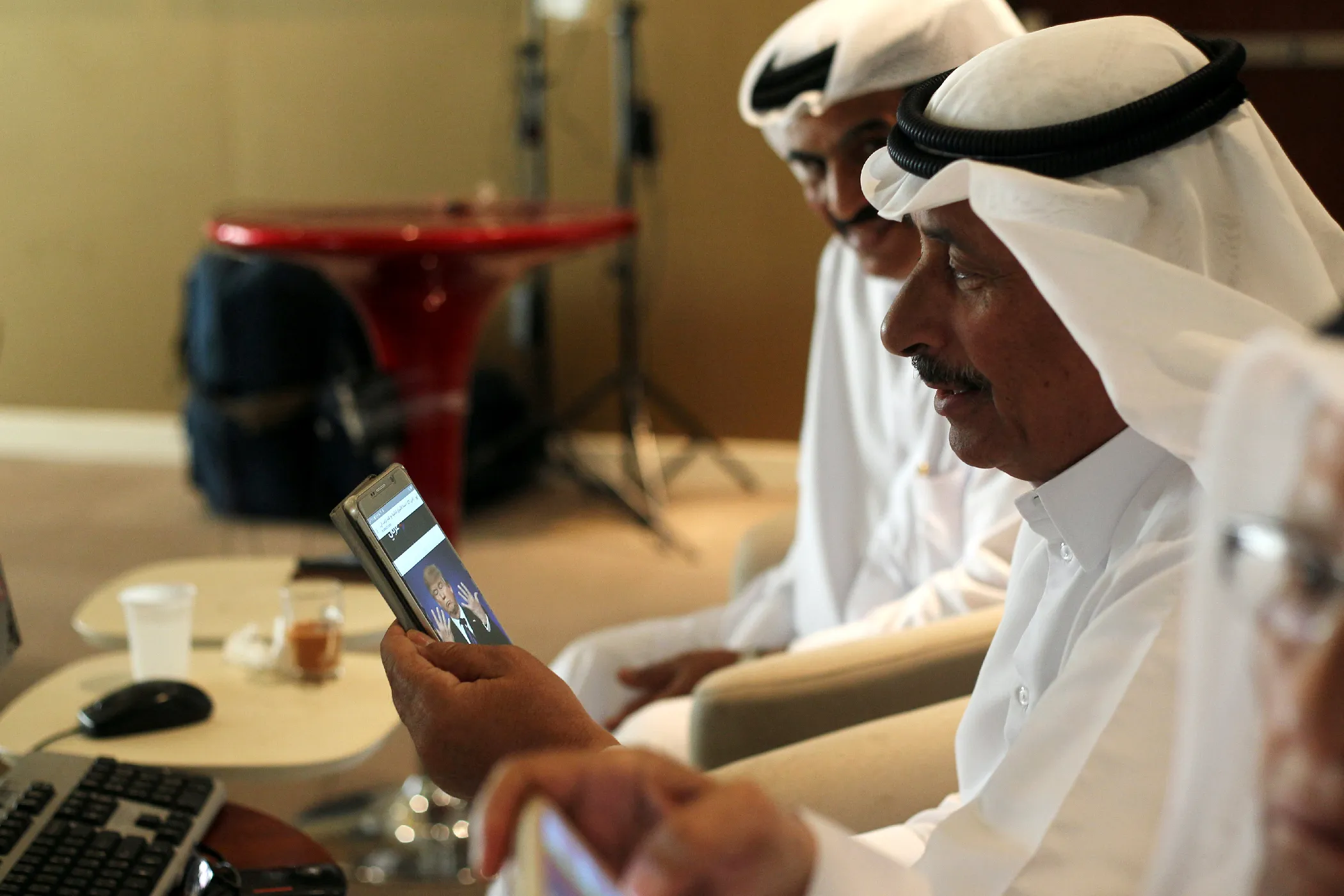
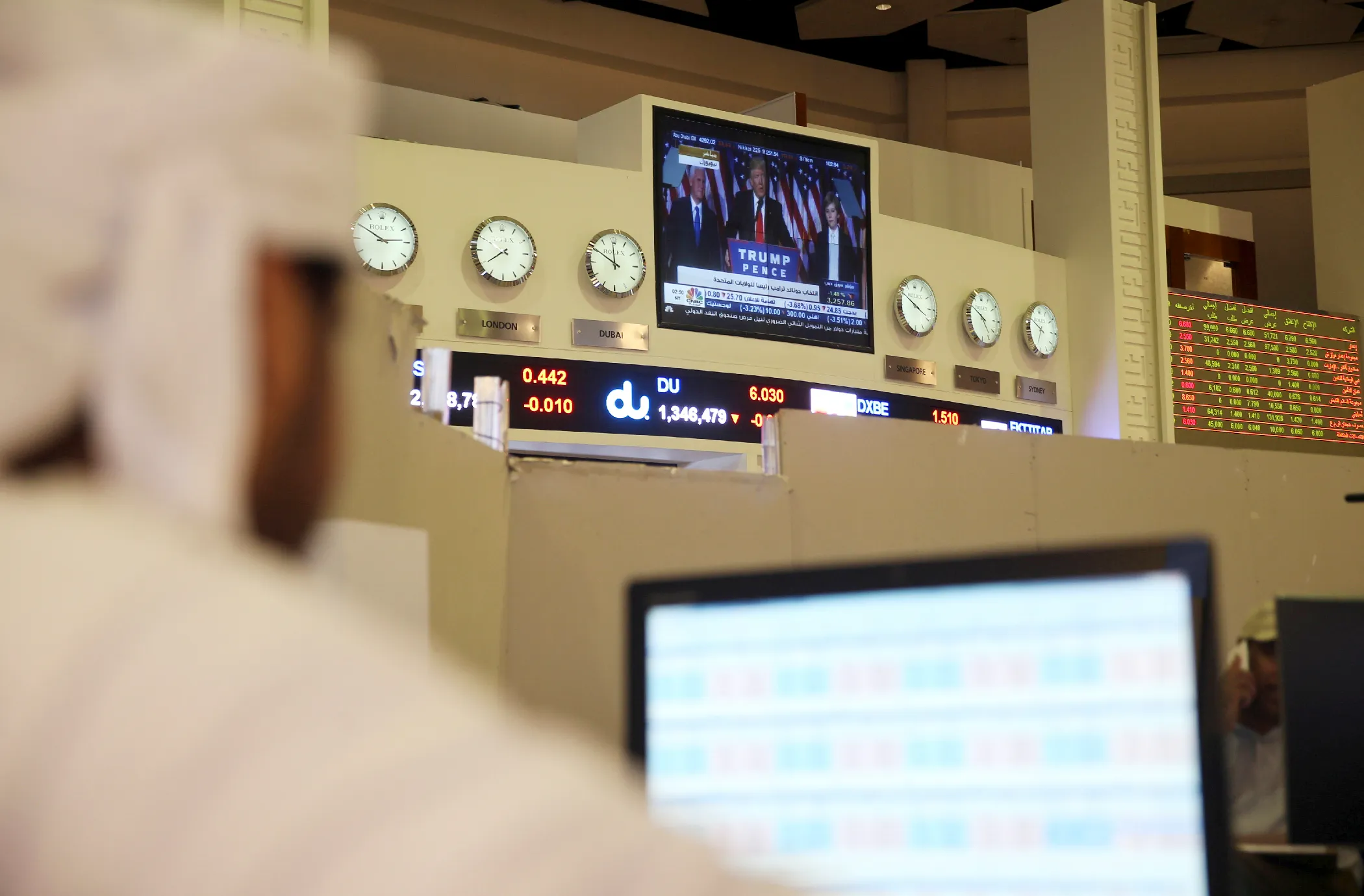
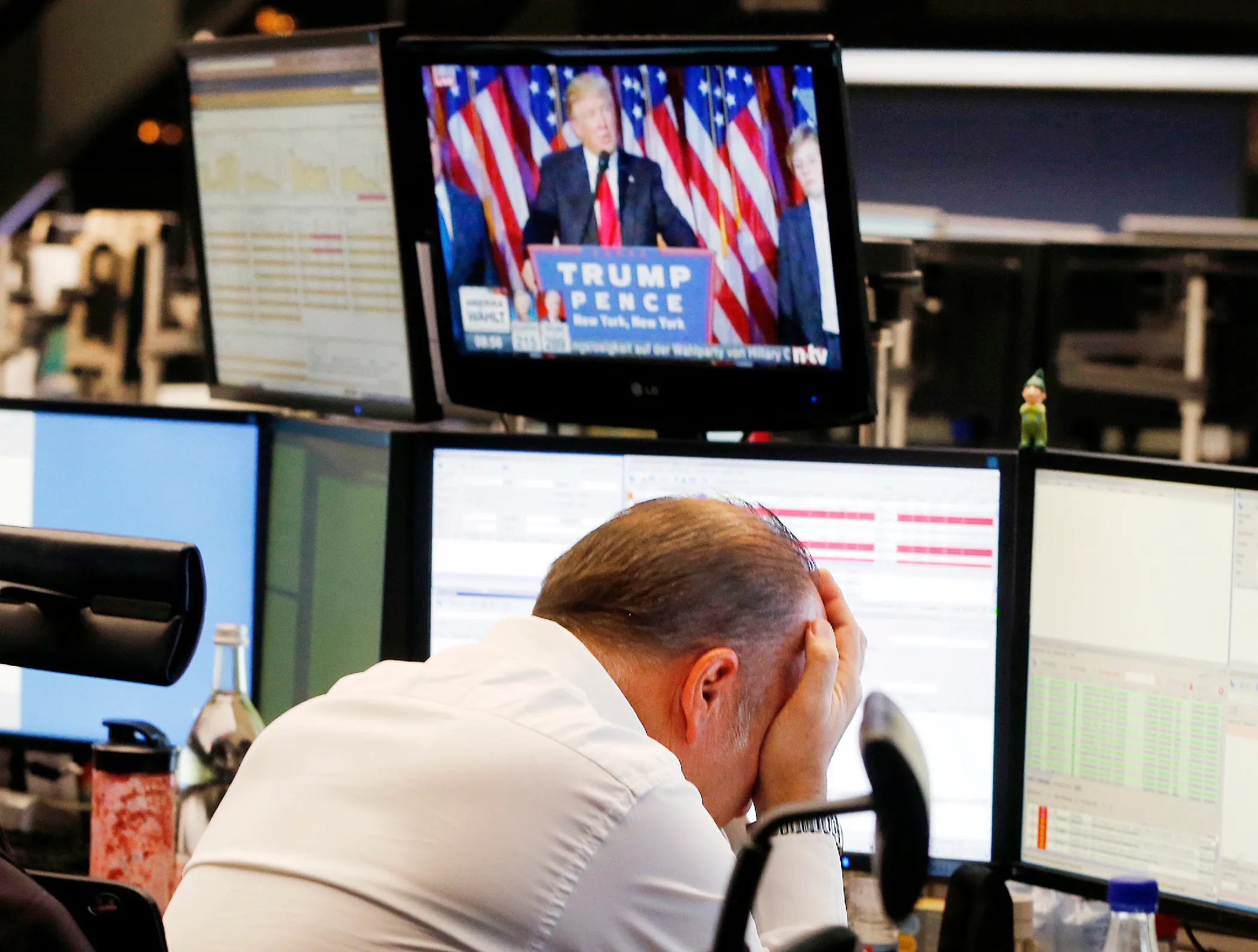
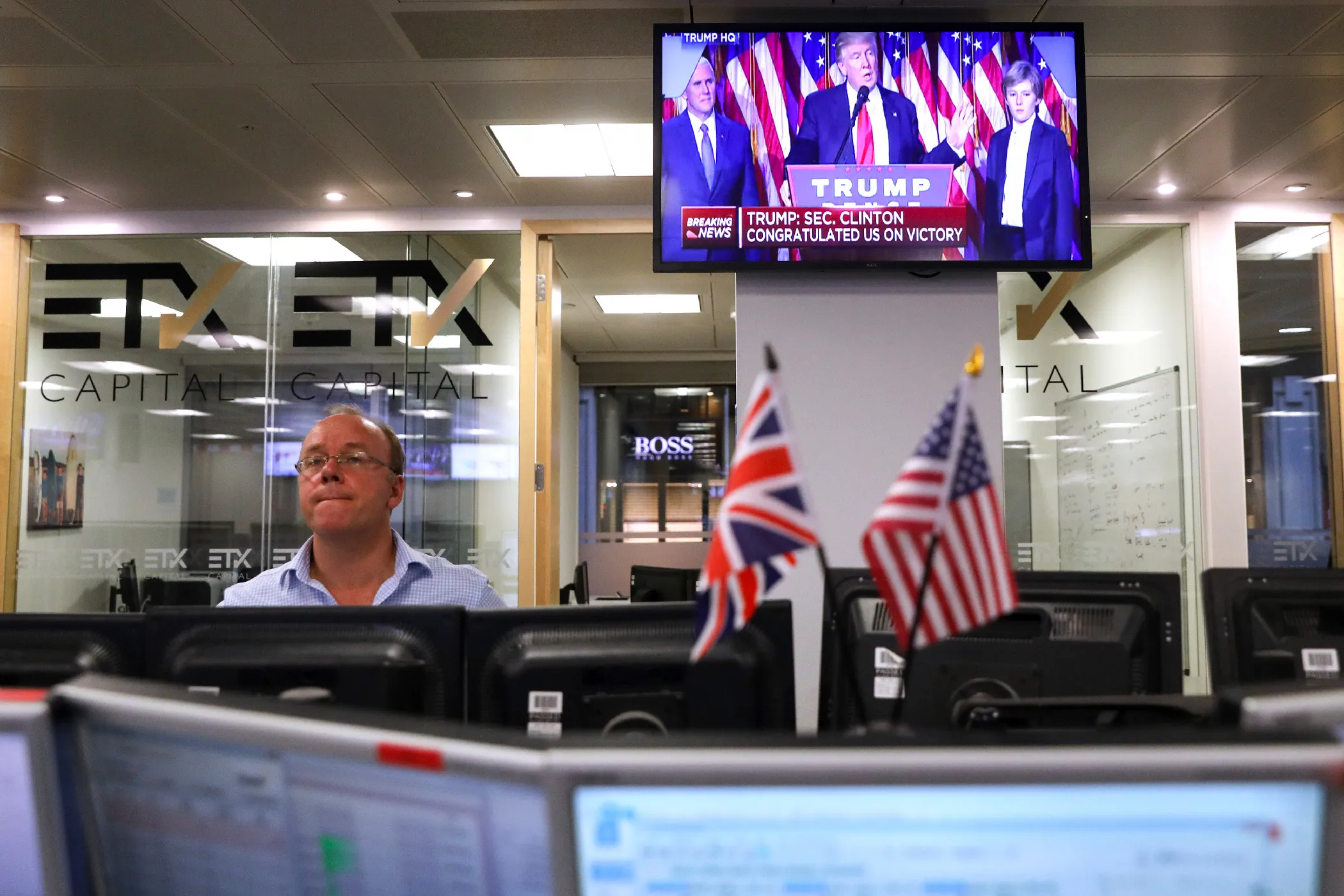
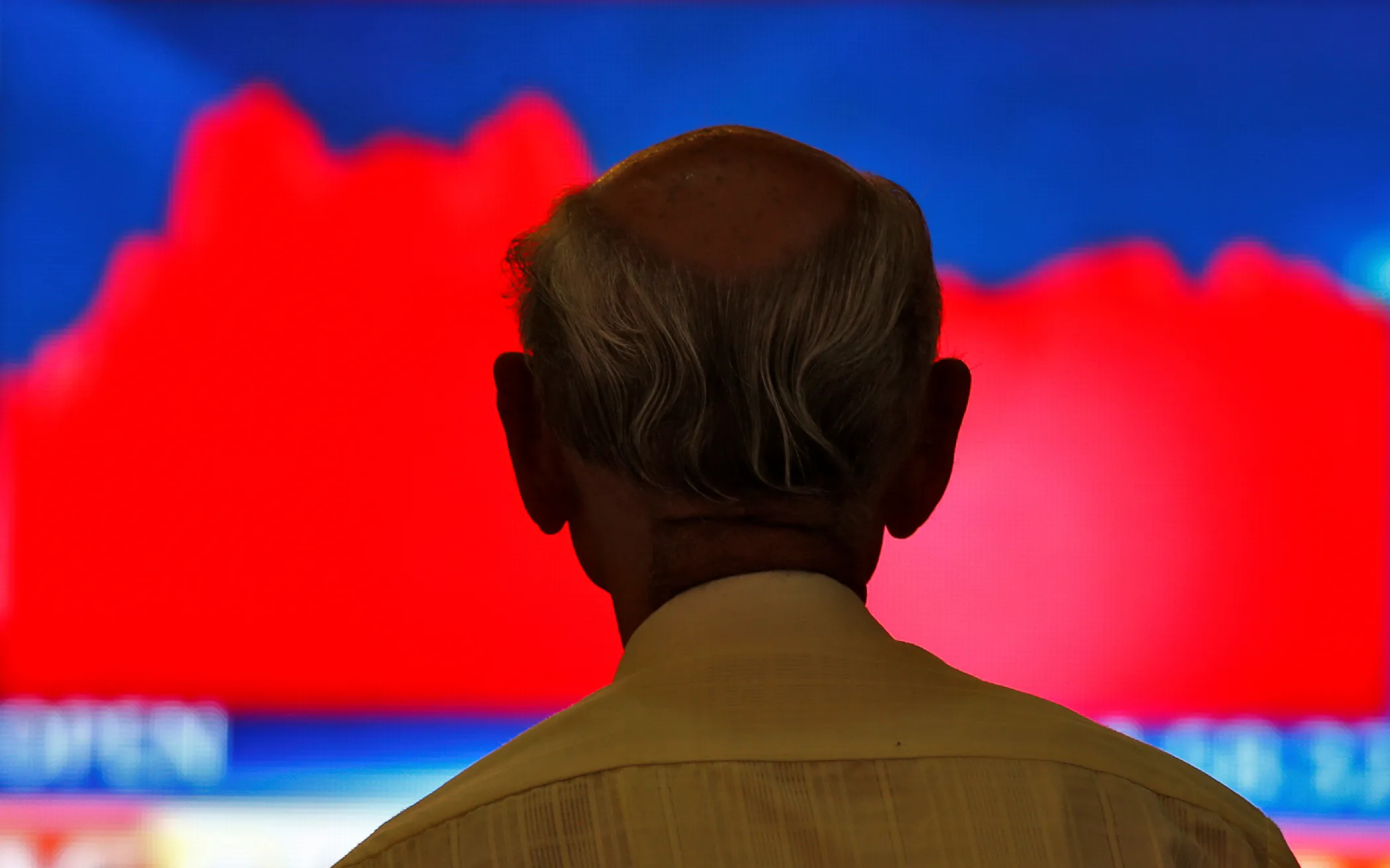
"Twitter is still the platform for what’s happening right now," analyst Jan Dawson told USA Today. "On Facebook you’re mostly seeing content your own friends have shared, whereas on Twitter you can see anything from anyone."
However, Twitter's election night success comes in the wake of its decision to cut 9% of its workforce and shut down its video-streaming app Vine. Twitter was also criticized for the rise in hate speech and misinformation that came with the election.
Twitter has struggled to keep pace with other social networks like Facebook, which saw more than 115 million people discussing the election Tuesday night. Twitter has 317 million users, with stagnant growth. As my colleague Taylor Tepper noted earlier this year:
The company’s “current strategy is adequate to retain users, but inadequate to attract new ones,” says Wedbush’s [analyst Michael] Pachter.